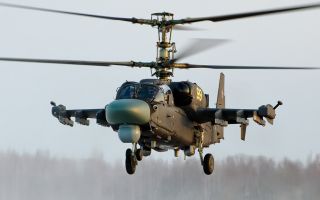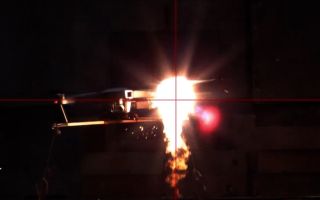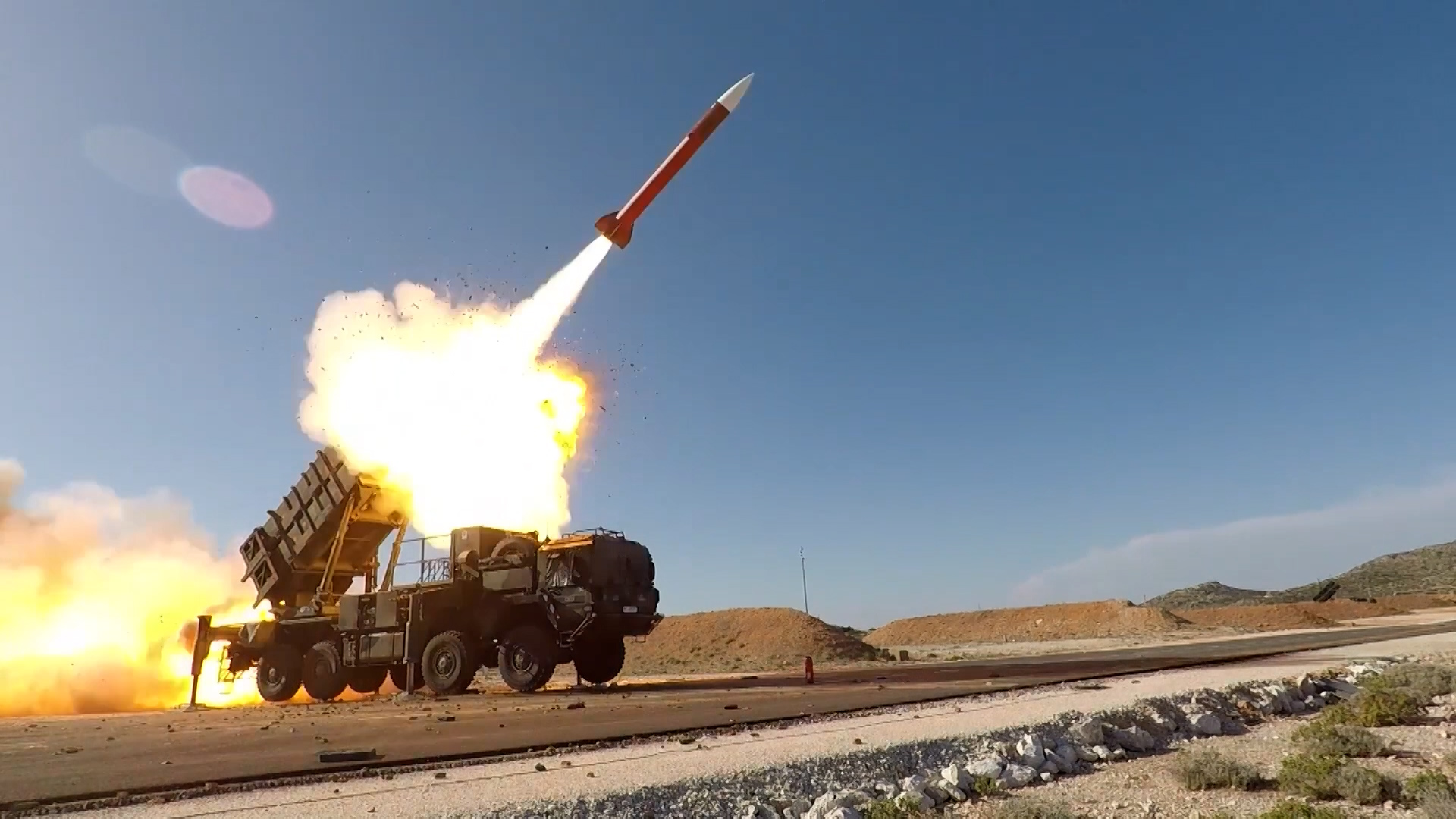
Ukraine could lose control of its skies without Western aid, Ukrainian air force warns

Ukraine's ability to defend its airspace relies heavily on Western-supplied air defence systems, but if that support were to stop, the consequences could be dire.
Colonel Yurii Ihnat, spokesperson for the Ukrainian Air Force, has warned that without a steady supply of missiles and defence systems, Russia would regain the ability to strike at will, crippling Ukraine's infrastructure and military capabilities.
During an interview with Radio Liberty, he cautioned that a reduction in supplies could leave Ukraine's skies open to uninterrupted Russian bombing raids.
US support hangs in the balance
With Western military aid facing political uncertainty – particularly from the US – questions are growing over whether Ukraine can sustain its air defences in the long term.
Col Ihnat stressed that Russian missile barrages are already stretching Ukraine's capabilities to the limit.
"Sometimes, there are more than 200 air targets in a single attack," he said.
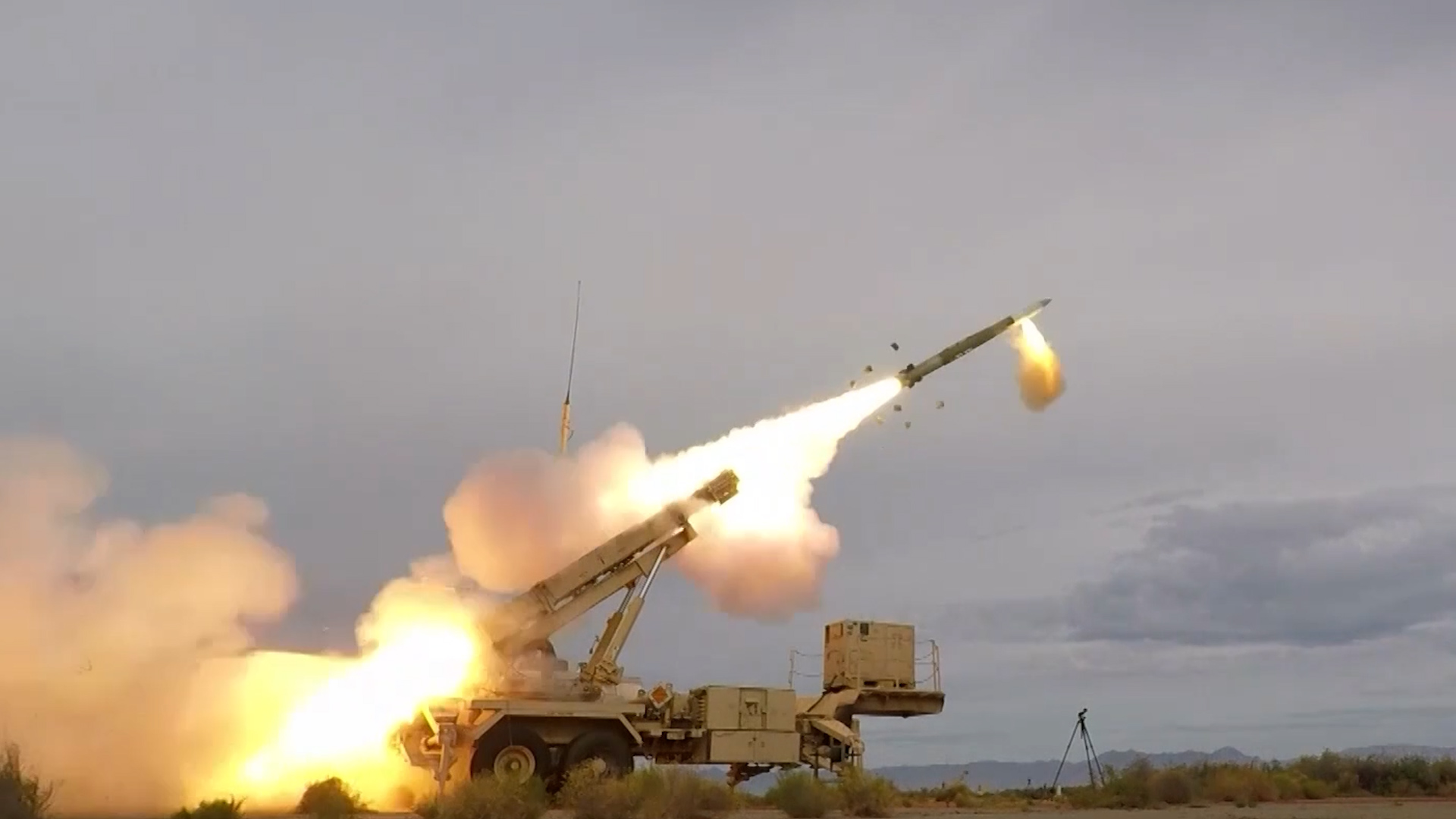
These include Iranian-made Shahed drones, cruise missiles and even ballistic missiles.
Col Ihnat explained that while some threats are blocked with mobile defence groups and helicopters, sometimes the armed forces are forced to use high-value air defence missiles on low-cost drones just to ensure they don't reach their targets.
Every intercepted missile or drone means one less anti-aircraft missile in Ukraine's stockpile.
If the supply of Patriot, NASAMS and IRIS-T were to be disrupted, Ukraine could find itself without enough interceptors to protect its military positions, cities, and infrastructure.
Russia could regain air superiority
One of Ukraine's biggest military successes has been preventing Russia from gaining air superiority.
Thanks to Western-supplied air defences, Russian fighter jets and bombers have been largely pushed back from Ukrainian-controlled airspace.
However, Col Ihnat made it clear that this success hinges entirely on continued missile deliveries.
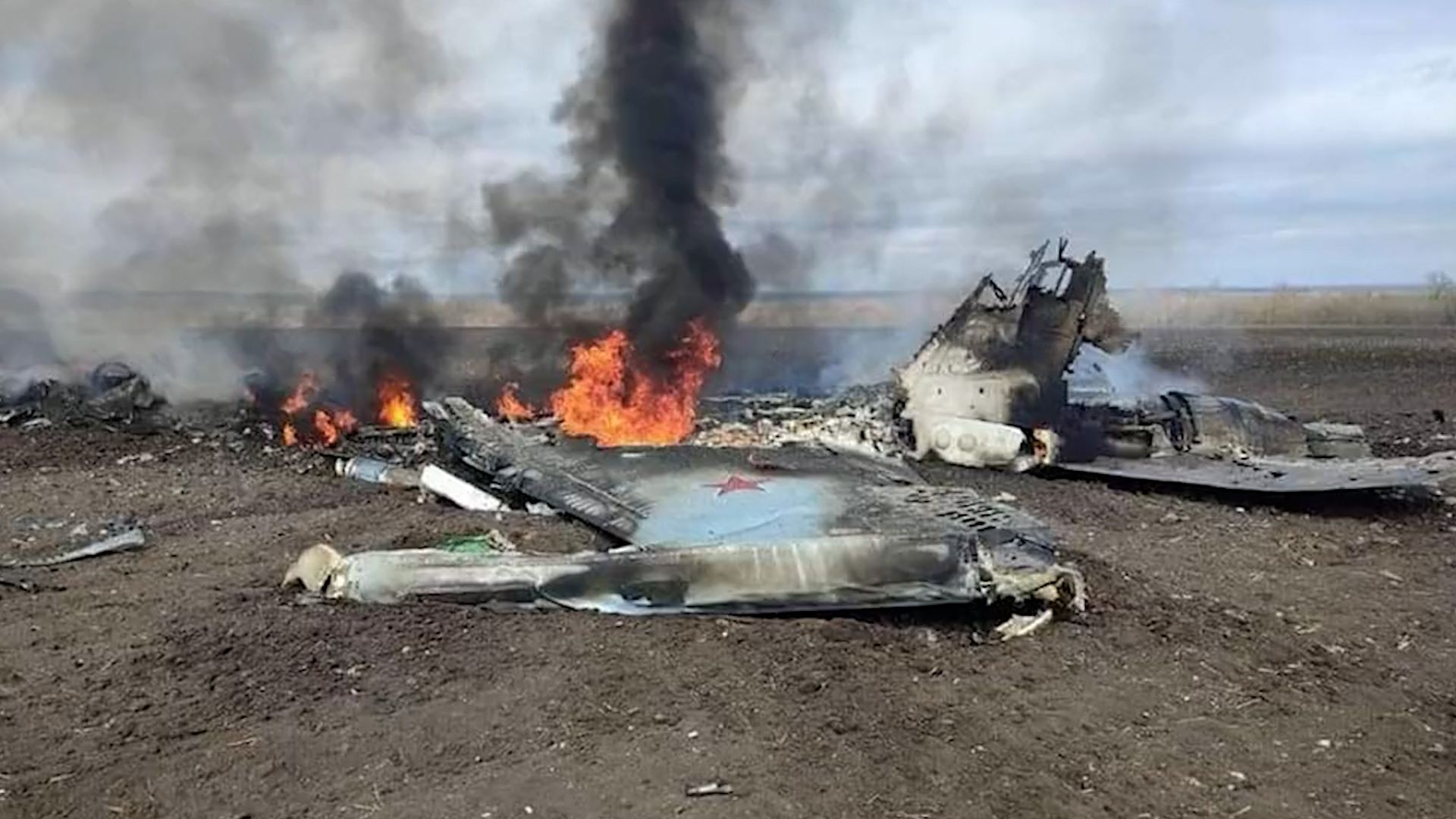
If Ukraine's anti-aircraft missile stockpiles were depleted, Russian warplanes would once again dominate the skies.
This would allow them to drop guided bombs, fire long-range missiles, and conduct large-scale airstrikes with devastating consequences for Ukrainian forces and civilians.
In the early days of the full-scale invasion, Kyiv's Trypilska power station – one of the main electricity providers for the capital and central Ukraine – was heavily damaged and disabled.
Without sufficient interceptor missiles, Ukraine would be unable to protect power grids, transport hubs, and key military supply routes.
A wave of Russian attacks on infrastructure could lead to widespread blackouts, logistical breakdowns, and severe economic damage.
Western support keeps Ukraine's skies defended
To conserve resources, Ukraine has increasingly relied on mobile air defence units.
However, Col Ihnat made it clear that these measures alone are not enough to counter the scale of Russian attacks.
"Large-scale Russian attacks deplete our missile reserves constantly. That's why there is a continuous discussion with our partners about what we are missing," he said.
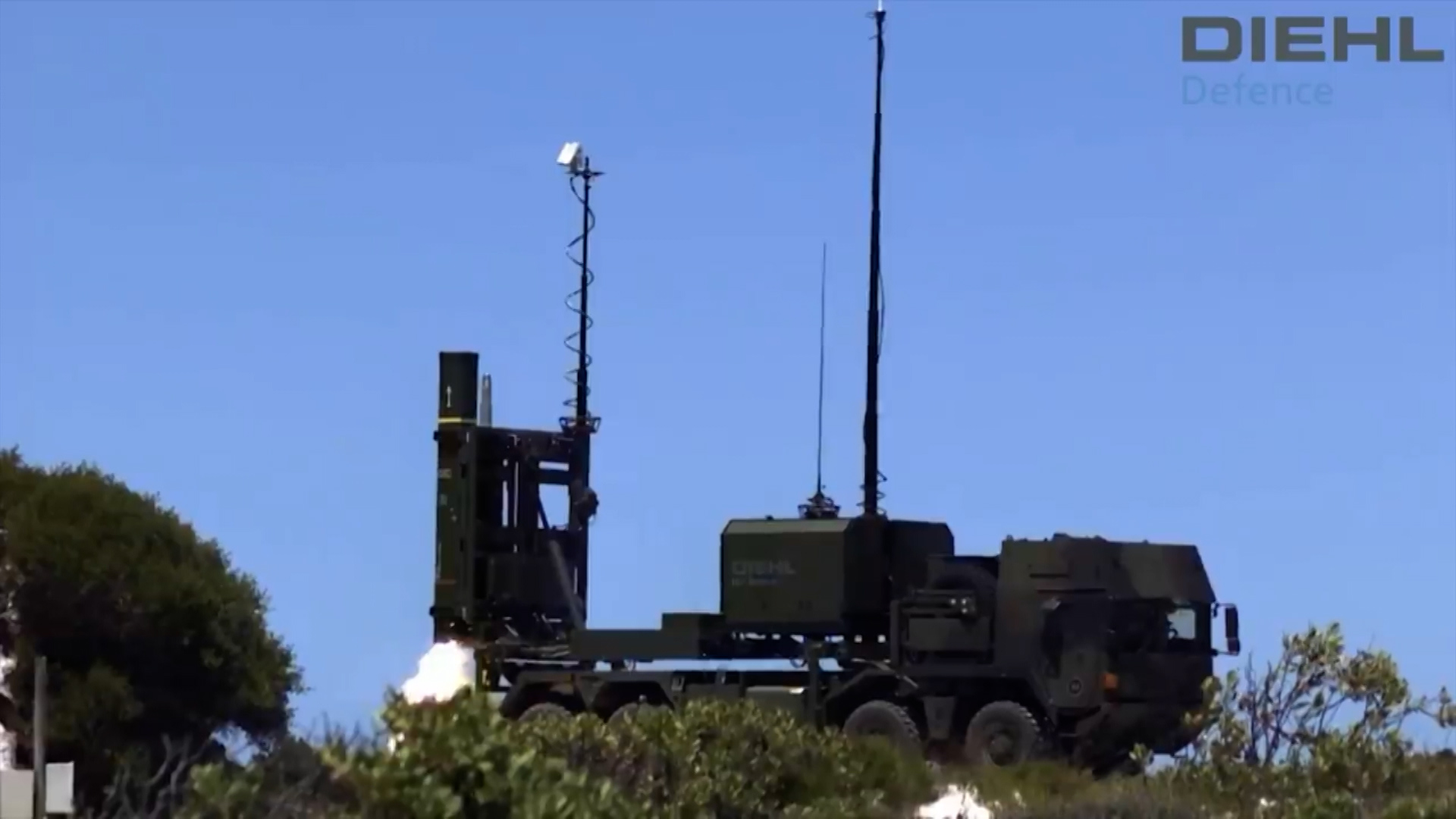
Col Ihnat explained that Ukraine could not simply take all available supplies from its allies at once.
"We cannot take everything from them immediately. And is there any sense in this? There is always a risk that the enemy could find out the location of these supplies and destroy them," he said, pointing to the danger of stockpiling too many weapons in one place.
Instead, Ukraine receives weapons in phased deliveries, ensuring that supplies remain protected and can be sustained over time.
However, he acknowledged that even with this system in place, it is still not enough to match the pace of Russian attacks.
"The topic of air defence never leaves the lips of everyone – whether it's the president or the military leadership. This is our life.
"If we don't protect the sky, the consequences will be truly sad," he warned.

